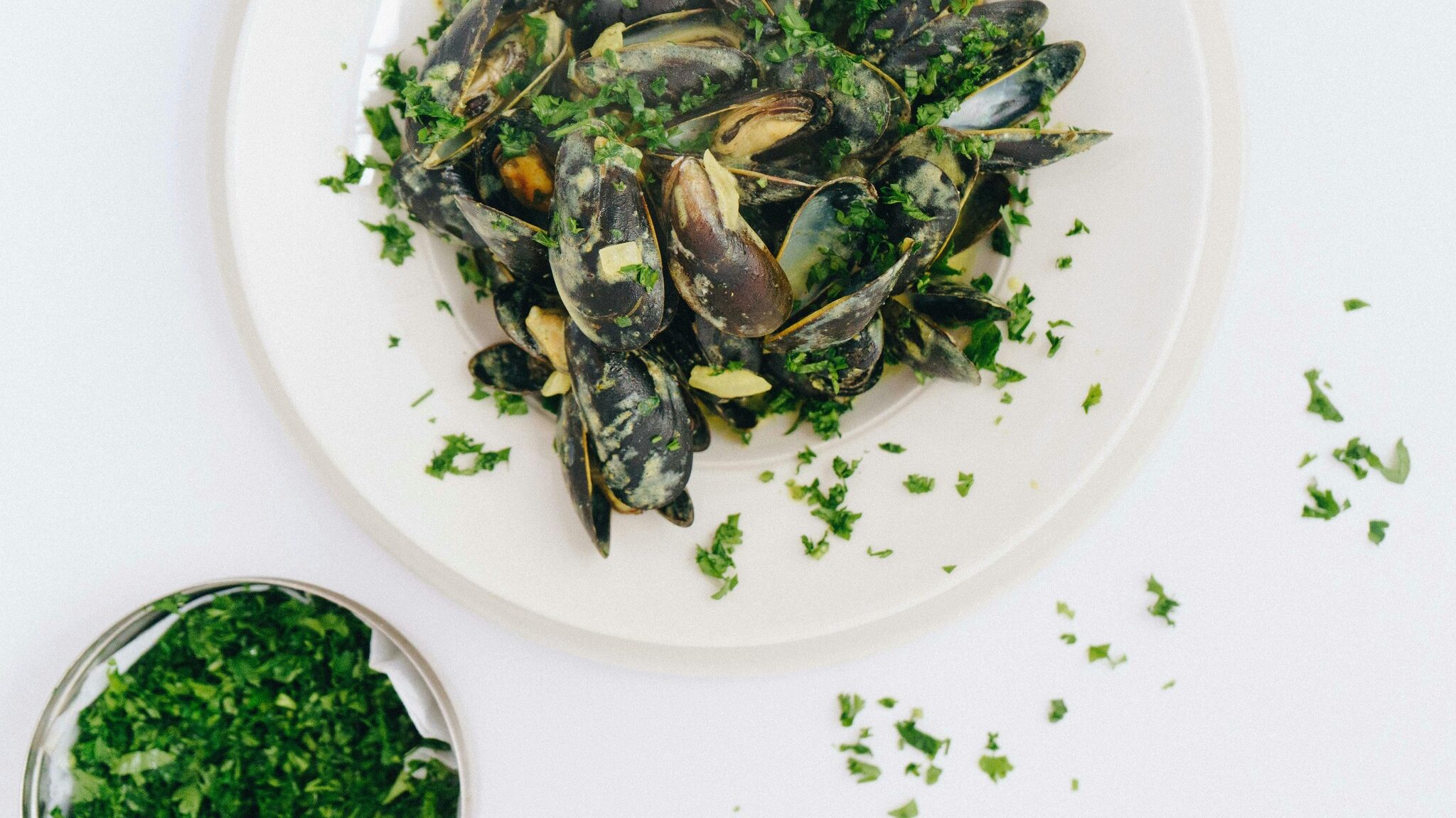Isabelle
Adequate iron is absolutely critical for fertility and a healthy pregnancy. In fact, women who take adequate iron from natural sources or supplement regularly decrease their risk of infertility by 40%!

Taking just 41 mg of iron per day reduces infertility risk by an impressive 62%.However, low iron levels are linked to ovulation problems, poor egg quality, miscarriage, preterm birth, and low birth weight babies. On the flip side, excessive iron can actually impair fertility in both men and women. Conditions like hemochromatosis and thalassemia, which cause iron overload in the body, have been consistently linked to impaired sperm production in men and ovulatory problems in women.
So, should you supplement or get iron from food?
As a nutritionist, I always recommend trying to get your nutrients from whole, natural foods. Plus, for some of us, iron supplements tend to cause constipation.
First thing to do is get your iron levels tested. Many women experience deficiency due to monthly menstrual cycles. If your test results indicate low iron levels, the focus should be on obtaining adequate iron from natural dietary sources rather than immediately turning to supplements.
Here are some tips for optimizing iron absorption:
![]() Consume iron-rich foods alongside vitamin C-rich foods, as vitamin C enhances iron absorption. For example, pair a spinach salad with tomatoes and bell peppers, seaweed salad with sliced onions and apples.
Consume iron-rich foods alongside vitamin C-rich foods, as vitamin C enhances iron absorption. For example, pair a spinach salad with tomatoes and bell peppers, seaweed salad with sliced onions and apples.
![]() For those with IBS or other digestive issues, prioritize low-FODMAP sources of iron, such as tofu, tempeh, and well-cooked lentils. Soaking lentils overnight and thoroughly cooking meat and seafood can improve digestibility.
For those with IBS or other digestive issues, prioritize low-FODMAP sources of iron, such as tofu, tempeh, and well-cooked lentils. Soaking lentils overnight and thoroughly cooking meat and seafood can improve digestibility.
![]() Choose heme iron sources like lean grass fed organic meats, poultry, and fish, as heme iron is more bioavailable than non-heme iron found in plant sources.
Choose heme iron sources like lean grass fed organic meats, poultry, and fish, as heme iron is more bioavailable than non-heme iron found in plant sources.
![]() Avoid consuming calcium supplements or dairy products with iron-rich meals, as calcium can inhibit iron absorption.
Avoid consuming calcium supplements or dairy products with iron-rich meals, as calcium can inhibit iron absorption.
![]() Consider cooking in cast-iron pans, as this can slightly increase the iron content of your meals.
Consider cooking in cast-iron pans, as this can slightly increase the iron content of your meals.
Some highly bioavailable dietary sources of iron, especially for those with absorption issues, include: well cooked clams, oysters, and mussels, well cooked organic liver and other organ meats and well cooked organic lean red meat. Certain seaweeds like nori and sea lettuce (which have been found to provide highly bioavailable iron, even more so than spinach).
If you are busy and must supplement here are some helpful tips to prevent or reduce constipation from iron supplements:
- Start with a lower dose and gradually increase
- Take iron with a source of vitamin C to enhance absorption
- Spread doses throughout the day rather than taking it all at once
- Drink plenty of fluids and eat high-fiber foods
- Consider a stool softener if constipation persists
Prioritize this essential mineral and give your body the best chance at conceiving and having a healthy pregnancy.
Wishing you all the baby dust!